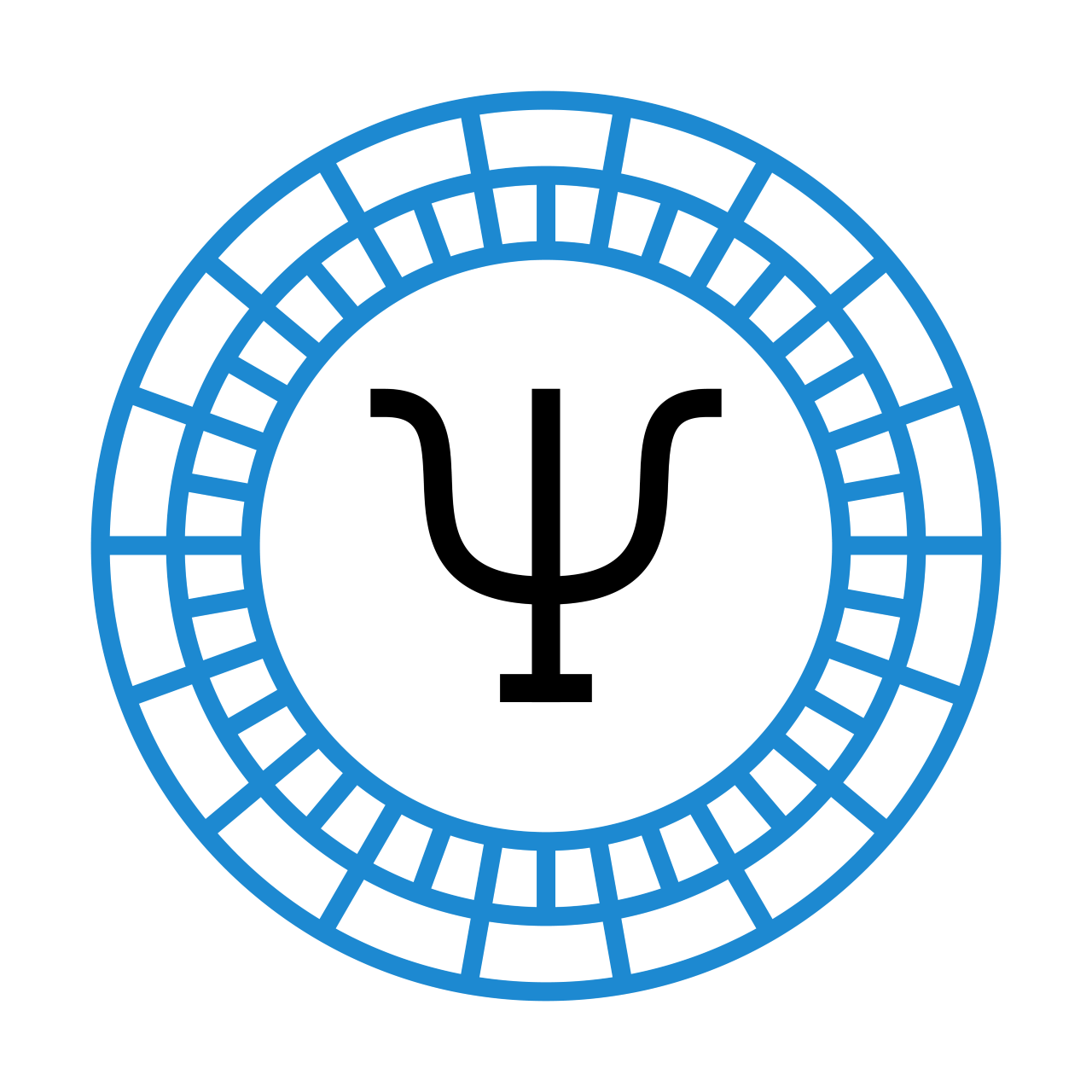How Do Professional FIFA Players Stay Motivated?
FIFA is one of the most played games, with 1.5 million copies sold for FIFA 21, which was 300,000 more than the previous year. Although this is a very popular game, it is interesting to see how so many people continue to play the game each year with very little changes to the game being made. From personal experience, I buy FIFA each year and continue to play, but I find myself getting fed up with playing after a few months due to burnout. Burnout is the mental exhaustion brought on by long-term stress.
FIFA burnout is very common amongst casual FIFA players, as well as professionals. When asked about how much training he did, David Bytheway – ex professional Wolfsburg FIFA player, stated in an interview with British Esports, “If there is a tournament in 2 or 3 weeks, you want to get at least 15 or 20 games in a day, but you need to be careful as you can get burnt out on FIFA so easily”. How are FIFA professionals able to stay motivated to compete at the highest level without experiencing burnout?
Events and Goal-Setting Theory
FIFA 21 Global series - Image: EA sports
FIFA events such as the eWorld Cup, ePremier League, and the FIFA Challenger Series have grown more popular in recent years. The EA Sports FIFA 21 Challenge attracted an average minute audience (AMA) of 254,057, as well as a total watch time of 1.024 million hours. This tripled the AMA of FIFA 20 which was 92,000. These events offer professional players chances to win huge amounts of money, as well as be named the best FIFA player in the world. Could this be a motivator for them?
FIFA professional, Sam ‘Poacher’ Carmody, stated “my ultimate goal is to win a major event”. Being able to work towards a goal is a key aspect of motivation, which may protect against burnout. In a podcast, Sam claimed that “…the past few years, [FIFA]18 and 19, I haven’t really enjoyed it that much, which has shown in my placements, so this year I wanna be back up to the top again”. It is clear that even the professionals can lose enjoyment or interest in FIFA. You can see that he has set a goal in his mind to be back to where he was previously. This may be a key motivator in his performance. Events are a form of regular goals that these professionals can work towards, in turn keeping them interested and motivated.
Self Determination
Shaun ‘Shellzz’ Springette (left) and Ryan Pessoa (right) - Image: Man City esports
The self-determination theory proposes we have innate psychological needs: - competence, relatedness, and autonomy. Competence is the need to produce our desired outcomes and experience mastery. Relatedness is the need to feel interaction with others through social connections. Autonomy is the need to feel a sense of choice and freedom in our own thoughts and actions; for example, setting your own goals and working towards them.
These needs are required for growth and improvement. A long-term study explored the key motivational processes involved in the transition from a physically inactive to an active lifestyle. This was conducted with 15 women that were interviewed over 10 months and the results revealed that satisfying the needs of competence and relatedness was essential for participation in exercise. Does this mean that satisfying these needs may reduce burnout, and do these apply to esports?
Although little research has been done within esports, an interview with Shaun ‘Shellzz’ Springette, the current ePremier league winner, stated “You’ve got to believe in yourself. I love playing football and videogames, I’ve always been playing FIFA since I was a little kid”. His Manchester City teammate Ryan Pessoa, stated in the same interview that “…keep practicing and never give up. There’s always an opportunity to improve, and once you do that, anything is possible”.
From looking at their interviews, there is an element of the need of competence being achieved through the viewpoint that they are working towards a goal. They are trying to improve each day and not giving up. Is this what divides the professionals who are motivated from those who are burnout? This may be the winning mentality that stems from their hard work and self-determination. Their belief that trying hard and believing in themselves may really motivate them to perform at their highest level. This is a key part of a type of motivation that keeps the professionals motivated and protects them against burnout. This motivation is called Intrinsic motivation and is defined as doing an activity for the satisfaction, enjoyment, and challenge rather than for external rewards. We normally possess this type of motivation when our needs of competence, relatedness and autonomy are being met.
Conclusion
As many FIFA professionals, such as David Bytheway and Sam Carmody, experience burnout, they have to find ways to manage it. I believe that self-determination and major events interlink to contribute to a FIFA professionals’ motivation. The psychological need of competence (the need to produce desired outcomes and experience mastery) can be attained through practice and being determined that the hard work will pay off. This ‘never giving up’ mentality is what separates them from the average FIFA player and potentially keeps their intrinsic motivation high.
Article written by Sam Hart


